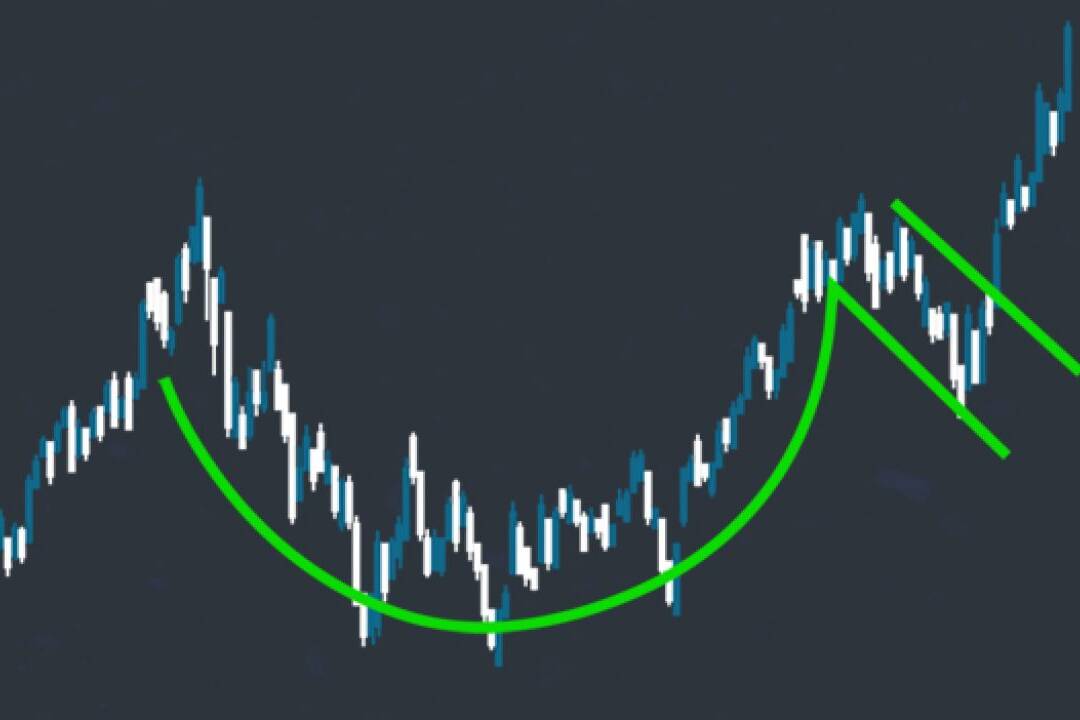Earnings events are significant market occurrences that can greatly impact a stock’s price action. For entry-level traders, understanding these events and their implications is essential for informed decision-making. In this blog post, we’ll explain the basics of earnings events, including surprises, misses, and beats, and how they relate to price action. Our goal is to make this topic less intimidating and accessible for novice traders.
What is an Earnings Event?
An earnings event occurs when a publicly traded company releases its quarterly earnings report, which provides an update on the company’s financial performance over the past three months. These reports typically include key financial metrics, such as revenue, net income, and earnings per share (EPS). Investors and traders closely monitor these events, as they can have a significant impact on a stock’s price based on whether the company’s results meet, exceed, or fall short of market expectations.
Earnings Surprises, Misses, and Beats
Earnings Surprise: An earnings surprise occurs when a company’s reported EPS is significantly different from the consensus estimate provided by financial analysts. This can be either a positive surprise (the actual EPS is higher than expected) or a negative surprise (the actual EPS is lower than expected). Earnings surprises often lead to heightened price volatility, as market participants adjust their expectations for the company’s future performance.
Earnings Miss: An earnings miss happens when a company’s reported EPS falls short of the consensus estimate. This typically results in a negative price reaction, as investors and traders may perceive the company as underperforming or facing challenges. However, it’s essential to keep in mind that a single earnings miss does not necessarily indicate long-term problems for the company, and the stock may still recover over time.
Earnings Beat: Conversely, an earnings beat occurs when a company’s reported EPS exceeds the consensus estimate. This is generally viewed as a positive development, often leading to an increase in the stock’s price as market participants grow more optimistic about the company’s prospects. That said, an earnings beat doesn’t guarantee a sustained uptrend, and other factors, such as market conditions and overall sentiment, can still influence the stock’s price action.
Price Action and Earnings Events
Price action refers to the movement of a stock’s price over time, and it can be significantly influenced by earnings events. Here are some basic guidelines for understanding the relationship between earnings events and price action:
Expect Increased Volatility: Earnings events can lead to increased price volatility, as traders and investors react to the company’s financial results. Be prepared for sudden price swings and heightened trading activity during these periods.
Monitor Pre- and Post-Earnings Price Action: Analyze the stock’s price action leading up to and following the earnings event. This can provide insights into market expectations and potential price reactions to the company’s results.
Pay Attention to Market Sentiment: The overall market sentiment can influence how the stock’s price reacts to an earnings event. Even a positive earnings surprise may not lead to a price increase if the broader market is experiencing a downturn or negative sentiment.
Understanding earnings events and their impact on price action is crucial for entry-level traders. By familiarizing yourself with earnings surprises, misses, and beats, you can better anticipate price movements and make more informed trading decisions. Remember to monitor price action before and after earnings events, and always practice strong risk management principles to protect your capital and ensure long-term success in the stock market.
Related Posts
May 5, 2023
Beginner Stock Trading Tactics for Post-Earnings Momentum
Earnings season is an exciting time for stock traders, as it can lead to…
March 30, 2023
Buying Earnings Winners in Structural Bases: The Cup-with-Handle Approach
Successful stock trading often involves identifying patterns that signal…
January 30, 2022
Weekly Trade Review Jan 28, 2022
Reviewing recent earnings winner trades $LLNW, $HAL, $RTX, $PCAR, $ZION, $HPQ


